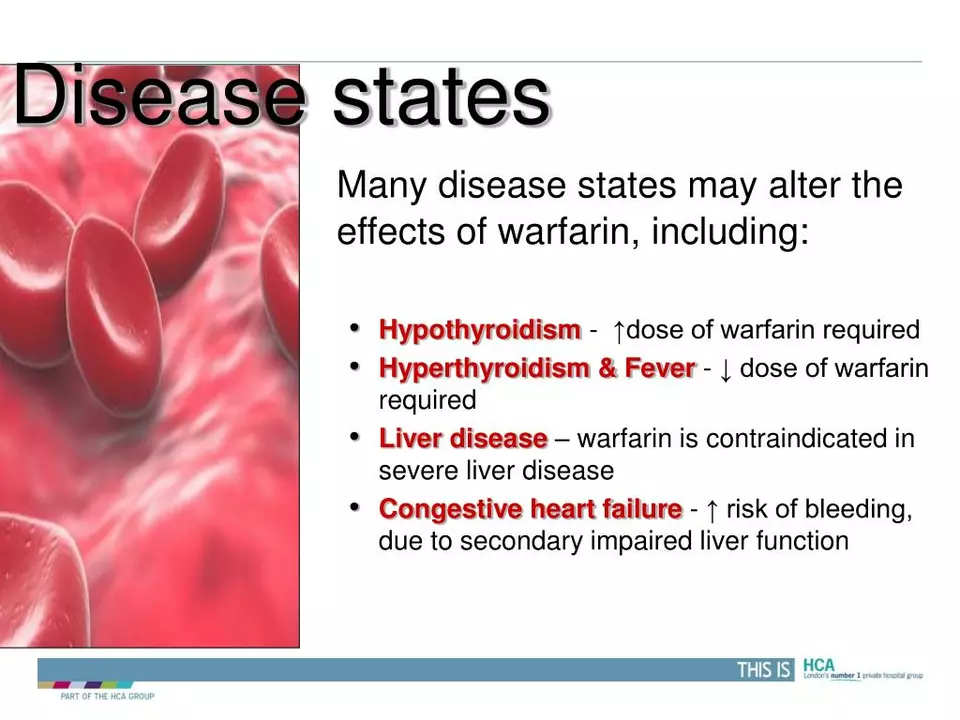Serious side effect: How to spot it fast and what to do
Getting a new symptom after a drug can be scary. A "serious side effect" means the reaction could harm your health quickly — like breathing trouble, high fever, severe rash, fainting, or sudden weakness. Knowing the main warning signs helps you act fast and protect yourself.
Common red flags to watch for
Difficulty breathing or tight throat — any sign of an allergic reaction needs emergency care.
High fever, chills, confusion or rapid heartbeat — could signal infection or a dangerous reaction.
Sudden severe pain, swelling, or bruising — especially near joints (think tendon rupture with some antibiotics).
Yellowing skin or eyes, dark urine — signs of liver trouble that need urgent testing.
New fainting, severe dizziness, or sudden weakness on one side — call for help; this could be a stroke or heart problem.
Unusual bleeding or easy bruising, purple spots on the skin — blood problems can be triggered by some meds.
What to do right now
If you or someone else has any of the red flags above, call emergency services immediately. For less immediate but worrying symptoms, stop the medication only if a clinician advised you or if the reaction is clearly drug-related — then contact your doctor right away.
Keep the medication bottle, note the dose and time taken, and write down exactly what happened and when. That information speeds up diagnosis and helps your provider choose the right treatment.
Bring a list of all medicines, supplements, and herbs you take. Interactions between drugs are a common cause of serious reactions.
Some drugs have well-known rare but serious risks. For example, certain antibiotics can damage tendons, some diabetes drugs can —rarely— cause lactic acidosis, and a few medications may lower blood counts or raise potassium dangerously. These events are uncommon, but knowing about them helps you spot trouble early.
After emergency care or a doctor visit, expect tests: blood counts, liver and kidney panels, and electrolytes are common. Your clinician may stop the drug, switch to a safer option, or give treatment to reverse the reaction.
Report the reaction. In the U.S. use FDA MedWatch; in other countries check your national drug safety agency. Reporting helps authorities spot patterns and keep others safer.
Preventing serious side effects starts with asking questions. When a provider prescribes a drug, ask: What serious reactions should I watch for? What symptoms mean stop the drug? Are there interactions with my other meds?
Take photos of rashes or swelling, keep a symptom journal, and have a trusted contact who can help if you feel too sick to act. Older adults, people with kidney or liver disease, and those on multiple drugs are at higher risk; tell your provider about those factors.
Trust your instincts. If something feels wrong after a new medicine, don’t wait. Quick action often prevents worse problems and gets you back on track sooner. If unsure, call your pharmacist for immediate advice and clarity today.
Warfarin and Drug-Induced Lupus: A Rare but Serious Side Effect
I recently came across an article discussing Warfarin and its connection to drug-induced lupus, which is a rare but serious side effect. Warfarin, a common blood-thinning medication, has been known to cause this autoimmune disorder in some patients. It's important to be aware of this risk, especially if you or a loved one is taking Warfarin. Symptoms of drug-induced lupus can vary, but they often include joint pain, fatigue, and skin rashes. If you notice any of these symptoms while on Warfarin, it's crucial to consult your doctor immediately to prevent complications.

